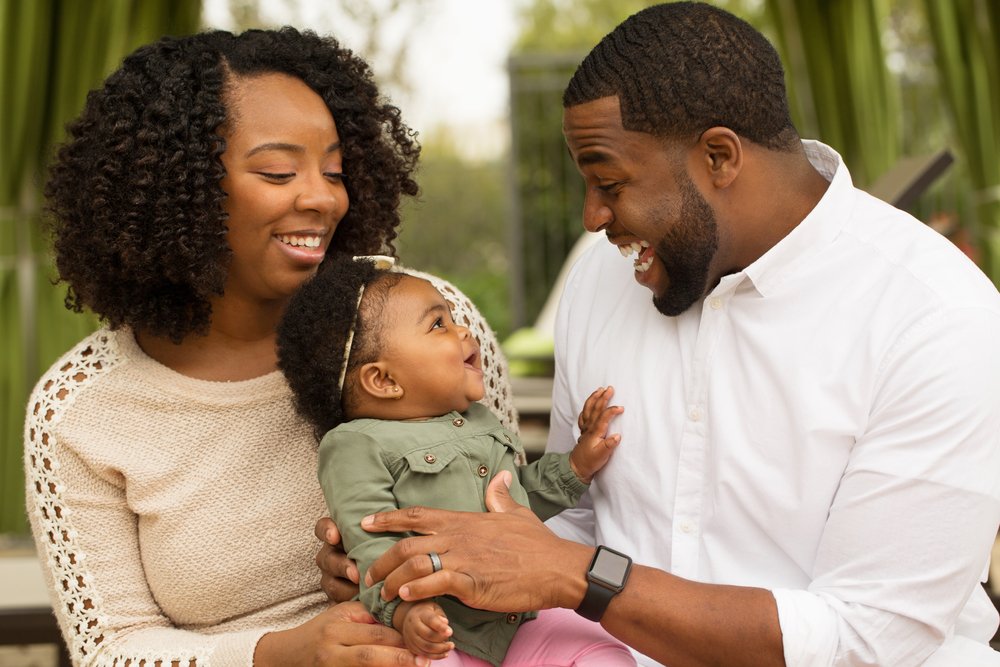Key points:
- MIT’s research supports the idea that back-and-forth conversation with parents helps foster children’s communication skills and brain response to language.
- A rich verbal environment is superior to just exposure to lots of words and will lead to greater language and cognitive outcomes.
- The study showed the importance of day-to-day interactions between a baby and loved one over passive language exposure like watching TV.
- Parents can foster communication skills by responding to their baby’s attempts at communication, even if it’s just with babbling and sounds. Kinedu is a resource for activity ideas to help with language development.
New research from MIT supports the idea that to foster children’s development, specifically their communication skills, parents don’t just need to talk to their kids, they should talk with them.
MIT’s research and discoveries
“What we found is, the more often parents engaged in back-and-forth conversation with their child, the stronger was the brain response in the front of the brain to language.” (Gabrieli, 2018)
In this case, a stronger brain response is a reflection of a more profound understanding and engagement with language. So, it’s not just the number of words your baby hears, it’s the interactions and twists and turns in the conversation that matter. A rich verbal environment is made up of exactly that, resulting in greater language and cognitive outcomes later on.
In this MIT study, using functional magnetic resonance imaging (fMRI), they discovered that children who experienced more conversations had more brain activity while they listened to stories. Their Broca’s area, which is a region in the frontal lobe of the brain that is involved in language processing, was more engaged. In this study, what was highlighted was the importance of the language base in the relationship between parents and kids. The streaming of a tape or an endless cartoon show will not have the same benefits than the day to day interactions between a baby and a loved one.
Foster communication skills with your little one
Next time you’re with your baby, try exaggerating the way you talk and your facial expressions, all the while responding to the sounds they make. Keep an eye out for your baby’s attempts at communicating with you through babbles and grunts. When this happens, you can respond and talk back. For example, if your baby babbles at you while you’re changing them, you can talk about what you’re going to do later, ask if they like that particular outfit, etc. Don’t expect an answer, simply acknowledge their conversational attempts.
There’s no time like the present to start. Whatever your current situation is, it can be baby on the way, newborn, toddler, or preschooler, you can adapt the conversations to your child’s current capabilities. It may all come down to gurgles, sounds, or imitation, but that back and forth interactions are way more valuable than we thought.
You can find tons of activity ideas that can help you foster your child’s language development in Kinedu! Head over to our Catalog today for daily inspiration.









One Response
Nice Wrote. Thanks for great information.